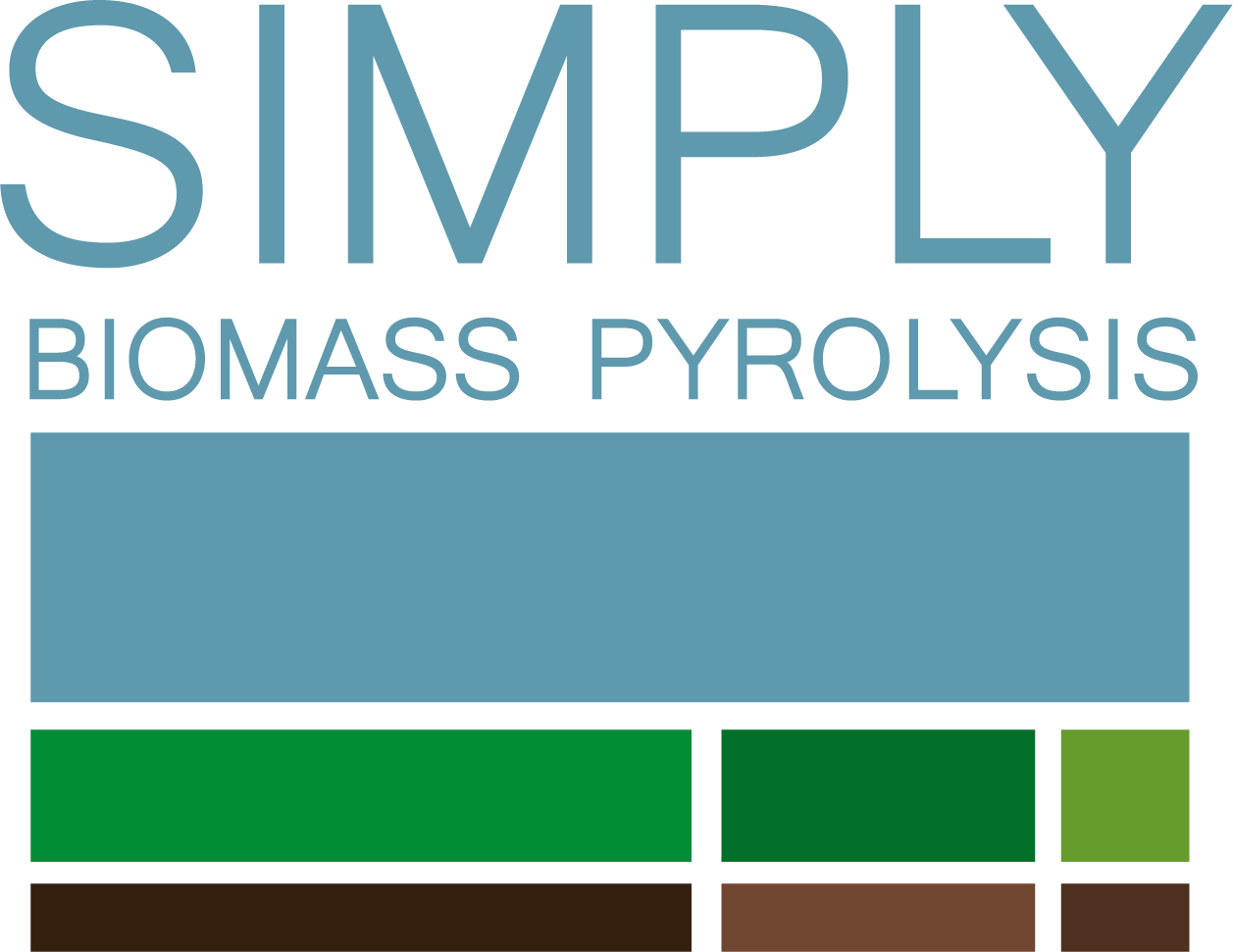About SIMPLY
The SIMPLY project between September 2023 and September 2026 ims to accelerate the implementation of biomass-based pyrolysis - Pyrolysis Carbon Capture, Utilization, and Storage (PyCCUS) in Denmark and contribute to achievement of the overall Danish policy goal to reduce GHG emissions with 70% by 2030 compared with 1990 and become climate neutral by 2050. The overall objectives of the SIMPLY project are to:
- Contribute to INNO-CCUS climate target to reduce GHG emission with 0.2 million tons CO2e per year in 2025 and 2-4 million tons CO2e per year in 2030.
- Contribute to achieving the climate target to reduce GHG emission with 2 million ton of CO2e per year by 2030 from PyCCUS as part of the Danish political agreements on climate transition of the agricultural sector.
Currently, the climate contribution from Danish pyrolysis is however close to zero and is only expected to slightly increase to 0.05 million tons of CO2e per year by 2025. There thus is urgent need for action if these overall objectives are to be achieved.
Recent studies highlight the significant potential of PyCCUS as a means of action for reducing GHG emissions, and several mayor R&D projects are already working to optimize the technology and address natural science knowledge gaps.
The SIMPLY project seeks to accelerate the deployment of pyrolysis production by analyzing key societal and contextual barriers and how they can be overcome. These main barriers can be categorized into two groups:
1) Regulatory barriers and lack of best practices for permitting and planning at the local level
2) Lack of knowledge among key stakeholders and need for creating efficient incentives structures across value chains
The SIMPLY project expands on the already significant knowledge base created by technical and natural science R&D projects linked to biomass-based pyrolysis with new knowledge on social science and system analysis issues related to efficient roll-out of pyrolysis.
Mapping and characterization of the relevant biomass resource base, value chains and market opportunities.
- Analysis of pyrolysis and PyCCUS impact on climate and environment and alignment with enacted accounting schemes and methods across governance levels.
- Provide guidelines and recommendations for constructive alignment between impacts and representation hereof in various accounting and certification schemes.
Provide knowledge-sharing and guidelines on best practices for municipal planning of pyrolysis plants and permitting for application of biochar on arable land.
Analysis of barriers, bottlenecks and drivers related to incentive structures, regulatory frameworks, and governance structures from local to supra-national level.
Stakeholder involvement with focus on planning and governance, knowledge institutions, SMVs and agricultural actors.

